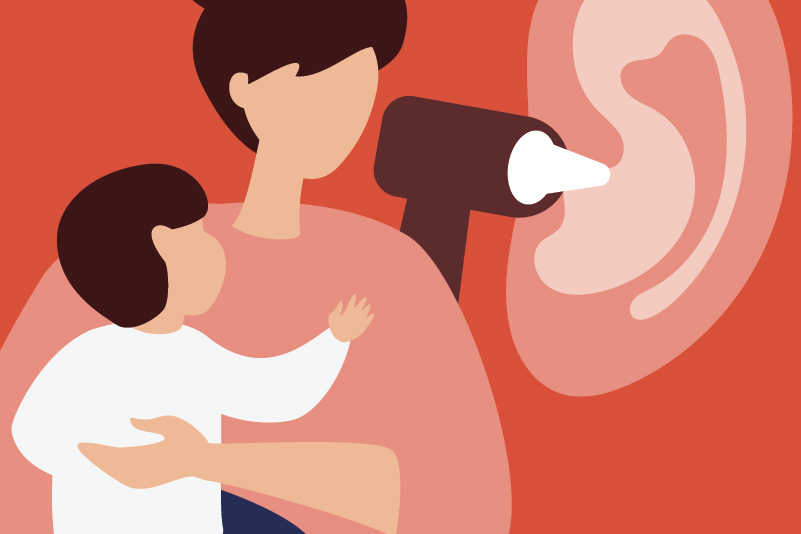#185 Drinking in the Evidence Around Mild-Moderate Dehydration Management in Kids with Gastroenteritis

Reading Tools for Practice Article can earn you MainPro+ Credits
Join NowAlready a CFPCLearn Member? Log in
- Systematic review of 31 Randomized Controlled Trials (RCTs) of mild to moderate dehydration from gastroenteritis in developed countries.1
- Oral Rehydration (electrolyte maintenance solutions) versus Intravenous (IV), no significant difference in:
- Hospitalization (three RCTs, 136 patients): Relative Risk 0.80 (0.24-2.71).
- Return to Emergency Department (three RCTs, 193 patients): Relative Risk 0.86 (0.39-1.89).
- Oral Rehydration (electrolyte maintenance solutions) versus Intravenous (IV), no significant difference in:
- RCT of 647 children, mean age 28 months with generally mild dehydration (82% scored ≤1 out of 8 on clinical dehydration scale). Randomized to half-strength apple juice or preferred fluid versus apple-flavored, sucralose-sweetened pediatric electrolyte maintenance solution, 5 mL administered every 2-5 minutes while in the emergency department.2
- Those who vomited received oral ondansetron.
- Composite outcome: Treatment failure (including return to care, hospitalization, and IV rehydration).
- 17% apple juice versus 25% electrolyte solution, Number Needed to Treat (NNT)~12.
- Treatment equal if age <24 months; if ≥24 months dilute apple juice superior NNT~7.
- One crossover, open label trial3 of 91 children presenting to ER with mild-moderate dehydration found frozen electrolyte replacement solution preferable to liquid with a NNT of 3. Only the frozen solution was sweetened.
- Ondansetron reduces the risk of requiring IV therapy (NNT~5) and hospitalization (NNT~14) in vomiting children.4
- Most guidelines currently recommend oral rehydration solutions as first line with frequent small volumes (5 mL every 2-3 minutes)5 and early refeeding once hydrated.6
- Oral rehydration solutions are approximately 4x the cost of regular juice (8x the cost of juice diluted 1:1 with water).















interesting, I like the bit about the apple juice
None
Known